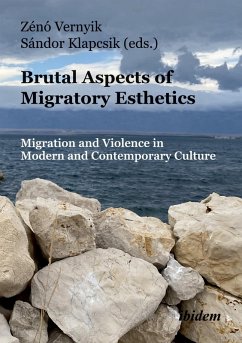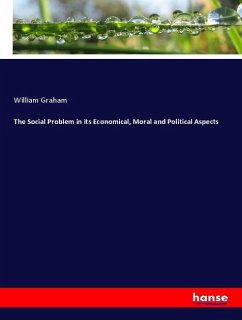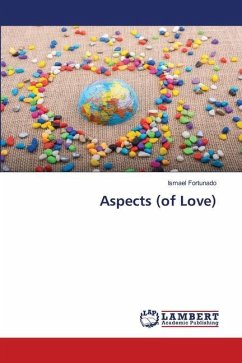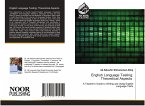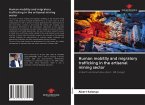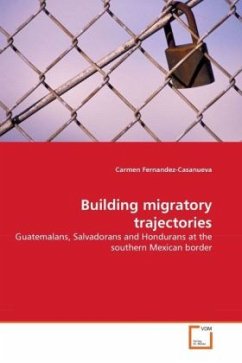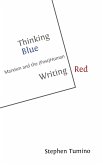Ever since the Second World War, the movement of refugees as well as of those seeking better opportunities for work, for education, or a functional democracy, has dominated headlines, influenced political debates, and shaped elections and referenda. Growing nationalist sentiments and policies are increasingly defined against, and clash with, the free movement of people.
In light of these worldwide tensions, this volume explores aggressive and brutal dimensions of migration through literature, documentary films, feature films, and theater productions. Uncovering deep societal forces behind migratory violence, the contributions reveal that instances of structural and cultural violence are rooted in hidden, yet highly influential and destructive, ideologies.
The authors also provide revelatory glimpses into how artistic productions and scholarly works might be themselves subverting or deconstructing structural and cultural violence against migrants.
Offering a critical yet compassionate examination of our culture heavily influenced by borders, exclusion, terrorism, and resilience, the book primarily serves literary and cultural studies scholars with new perspectives on the intersections of art with structuralist and deconstructivist approaches to migration-related violence but also offers a fresh look at borders and migration-related phenomena for those active in the social and political sciences.
The Editors:
Zénó Vernyik is assistant professor and head of the English Department at the Technical University of Liberec, Czech Republic, where he co-founded the university's Borders and Migration Research Group and was the recipient of two grants for projects focusing on the teaching and research of the cultural representation of migration. So far, he has authored a monograph, edited four further volumes, and published a number of articles on urban literature, crime fiction, and comparative literature. At present, he is working on a monograph on Arthur Koestler's fiction.
Sándor Klapcsik is assistant professor at the Technical University of Liberec in the Czech Republic and a cross-border commuter living in Poland. With support from European exchange programs and the research grant Migration: Sociopsychological and Cultural Factors, his recent work has focused on liminality and acculturation in ethnic and migrant cinema. He has been a Fulbright-Zoltai Fellow at the University of Minnesota (USA) and has conducted research at the University of Tromsø (Norway), the University of Lódz (Poland), and the University of Liverpool (UK). His monograph Liminality in Fantastic Fiction: A Poststructuralist Approach was published in 2012. He is currently working on a volume on European migrant cinema.
In light of these worldwide tensions, this volume explores aggressive and brutal dimensions of migration through literature, documentary films, feature films, and theater productions. Uncovering deep societal forces behind migratory violence, the contributions reveal that instances of structural and cultural violence are rooted in hidden, yet highly influential and destructive, ideologies.
The authors also provide revelatory glimpses into how artistic productions and scholarly works might be themselves subverting or deconstructing structural and cultural violence against migrants.
Offering a critical yet compassionate examination of our culture heavily influenced by borders, exclusion, terrorism, and resilience, the book primarily serves literary and cultural studies scholars with new perspectives on the intersections of art with structuralist and deconstructivist approaches to migration-related violence but also offers a fresh look at borders and migration-related phenomena for those active in the social and political sciences.
The Editors:
Zénó Vernyik is assistant professor and head of the English Department at the Technical University of Liberec, Czech Republic, where he co-founded the university's Borders and Migration Research Group and was the recipient of two grants for projects focusing on the teaching and research of the cultural representation of migration. So far, he has authored a monograph, edited four further volumes, and published a number of articles on urban literature, crime fiction, and comparative literature. At present, he is working on a monograph on Arthur Koestler's fiction.
Sándor Klapcsik is assistant professor at the Technical University of Liberec in the Czech Republic and a cross-border commuter living in Poland. With support from European exchange programs and the research grant Migration: Sociopsychological and Cultural Factors, his recent work has focused on liminality and acculturation in ethnic and migrant cinema. He has been a Fulbright-Zoltai Fellow at the University of Minnesota (USA) and has conducted research at the University of Tromsø (Norway), the University of Lódz (Poland), and the University of Liverpool (UK). His monograph Liminality in Fantastic Fiction: A Poststructuralist Approach was published in 2012. He is currently working on a volume on European migrant cinema.

